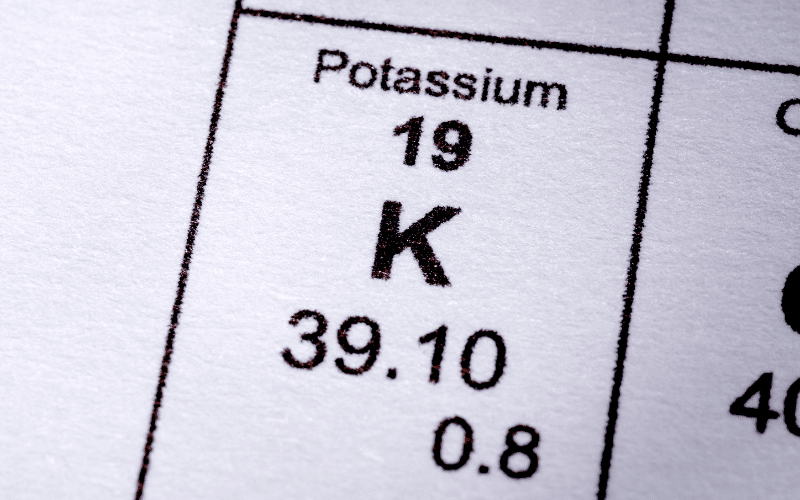FAQs about Low-Potassium Foods

What is the importance of a low-potassium diet for certain individuals?
A low-potassium diet is crucial for individuals with kidney disease or other health conditions that cause difficulty in regulating potassium levels. (17) High potassium levels can lead to hyperkalemia, which can cause serious health issues like irregular heartbeat and muscle weakness.
Can I eat nuts and seeds on a low-potassium diet?
Some nuts and seeds are lower in potassium than others. However, many varieties, such as almonds, pistachios, and sunflower seeds, are relatively high in potassium. It’s essential to check the potassium content of specific nuts and seeds before including them in your low-potassium diet.
Are there any low-potassium dairy options?
Most dairy products, such as milk and yogurt, are relatively high in potassium. However, some cheeses like Swiss and cheddar have lower potassium content. You can also opt for milk substitutes, like almond or rice milk, which tend to be lower in potassium.
Can I drink coffee and tea on a low-potassium diet?
Yes, you can drink coffee and tea in moderation on a low-potassium diet. However, it’s important to keep in mind that some coffee and tea varieties contain higher potassium levels, so it’s best to choose options with lower potassium content.
How can I ensure that I’m getting enough nutrients while following a low-potassium diet?
A balanced, low-potassium diet should still include a variety of fruits, vegetables, lean proteins, and whole grains. Consult with a registered dietitian or healthcare professional to help you plan a low-potassium diet that meets your nutritional needs.